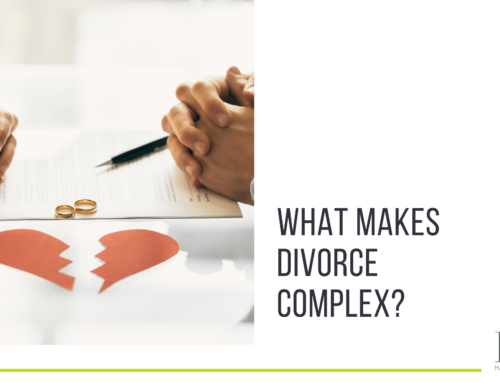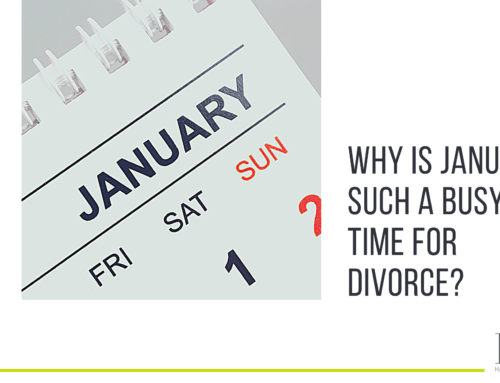When you’re going through a divorce, one of the biggest considerations is what’s going to happen with the finances. How will the assets be divided? What are you entitled to? And if you have children, how can you ensure that their needs are met?
Whilst 50/50 might be the starting point, this is by no means always the end result, especially if there are children involved. When you’re divorcing with children, their welfare must be prioritised. As a couple, you’re no longer just two people with your own interests, this is about what’s best for the children as well.
Here we take a look at some of the common questions about the financial impact of divorcing with children, and the things you need to be clear about.
The needs of the children are paramount.
Your children should be at the centre of every decision made regarding your financial settlement. Where they’ll live, who they’ll live with, and ensuring they can be cared for properly, not to mention making a decision about whether or not to sell the family home.
Working out the arrangements for child maintenance is key, and this will include care and living costs and who will cover them. You can make arrangements for child maintenance between yourselves, but it’s also possible to negotiate arrangements for the children with help from a solicitor, or using the government website for further help.
Taking all of the above into account, what impact does it have on the final agreement regarding the finances?
What will happen to the family home?
Quite often, the family home is the biggest asset during a divorce. And if there are children involved, then understanding that it’s their home too is really important.
Financial considerations aside, the family home may hold a lot of emotional importance and be a place of stability for your children. Moving away can cause disruption and upset for some children who may already be going through a difficult time.
Whilst this won’t be the only factor considered, it’s certainly an important one. Issues such as where the children go to school will also be factored in, as well as each parents ability to rehouse themselves.
If moving from the family home isn’t something you want to do, then having the right expert legal advice is crucial. In some circumstances, it may be that keeping the house is not only a possibility, but the sensible thing to do. Whether that’s with either you or your spouse keeping it outright, or deferring the sale of the home until a specific event triggers it – for example, the youngest child finishing their secondary education.
What are the needs of the case?
Whilst a 50/50 split is the starting point, in many cases this wouldn’t be a fair outcome. Often it is fair for one spouse to receive more than 50% of the assets in order to make sure that both spouses’ needs are met. This is the need to be able to afford suitable housing and the need to be able to afford your living costs both now and in your retirement. Each party’s equal fresh start doesn’t necessarily mean equal assets, particularly if there’s a big difference in earning capability and mortgage capacity.
If you’re the one taking on the lion’s share of the child care, then you may need to be financially supported by your ex-spouse in order to do so. Therefore, the division of assets may be decided in accordance with those needs.
Another thing we often discuss with clients is the possibility of spousal maintenance. This is a regular sum of money that’s agreed as part of a financial settlement between divorcing parties, when one of you has no income or has much lower earnings than the other.
If your marriage came to an end as a result of your spouse’s negative behaviour, it’s tempting to want to punish them. Often, client’s mistakenly believe that negotiating a financial settlement is the place to do this. In reality, the way in which your marriage ended is very unlikely to affect the financial settlement. In fact, focusing on trying to punish your spouse for an affair, for example, could cloud your judgement about what’s right for the future. That’s why it’s always better to seek advice from an objective legal expert, rather than take matters into your own hands.
Having the right legal advice is absolutely vital when it comes to achieving the settlement that’s right for the future. In most cases, finances on divorce aren’t a clear cut issue, especially when children are involved.
If you have other questions, or would like to find out more, please contact Harrogate Family Law today, and let’s see how we can help.






